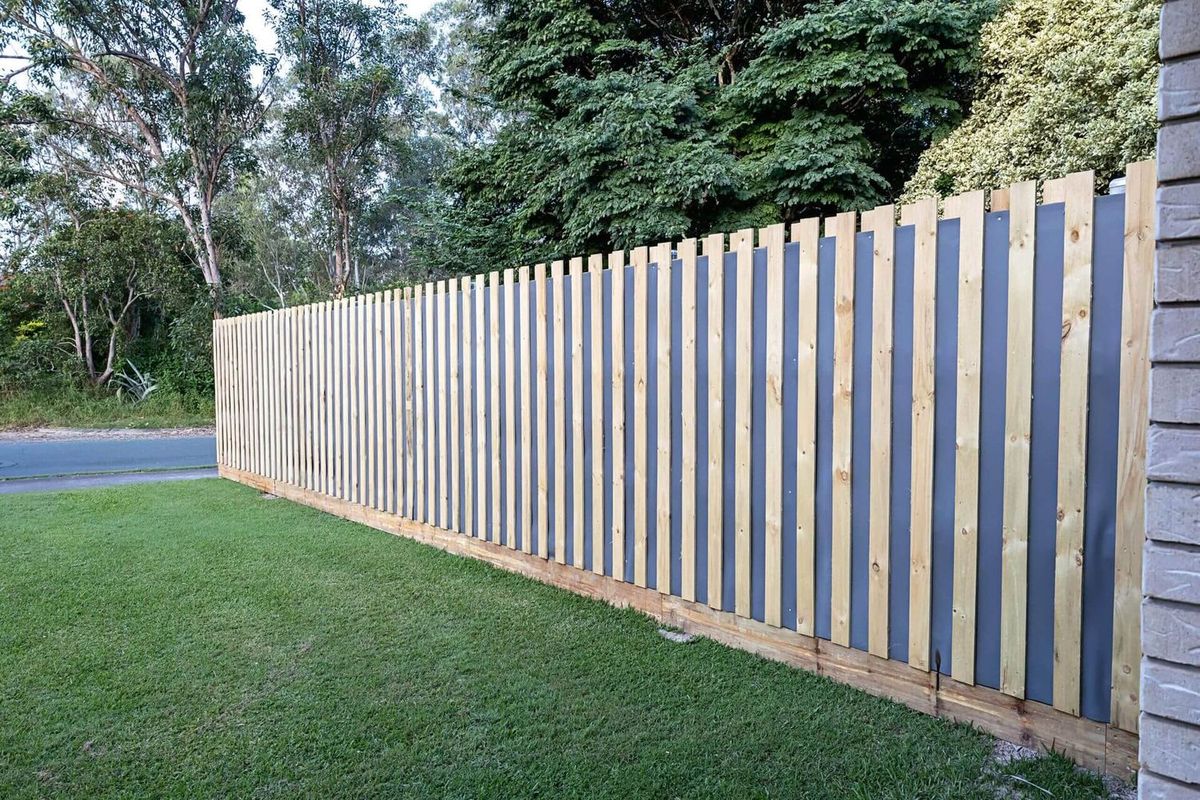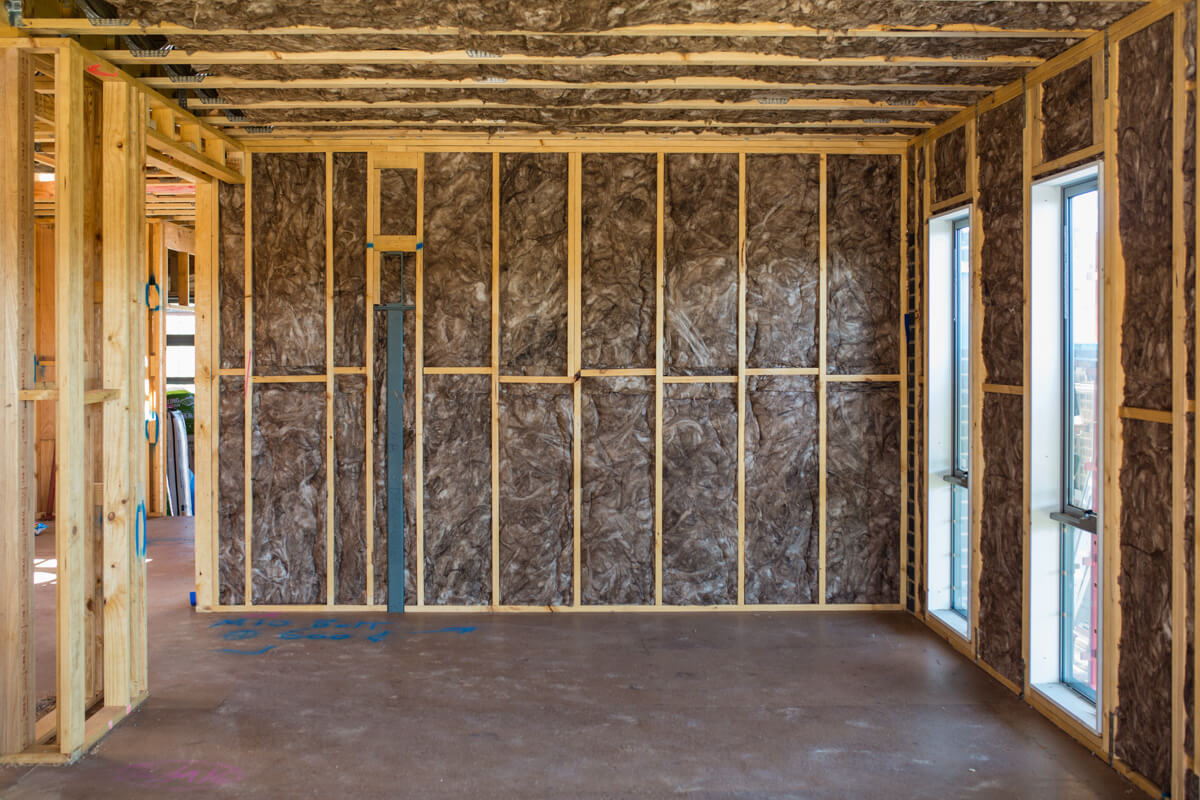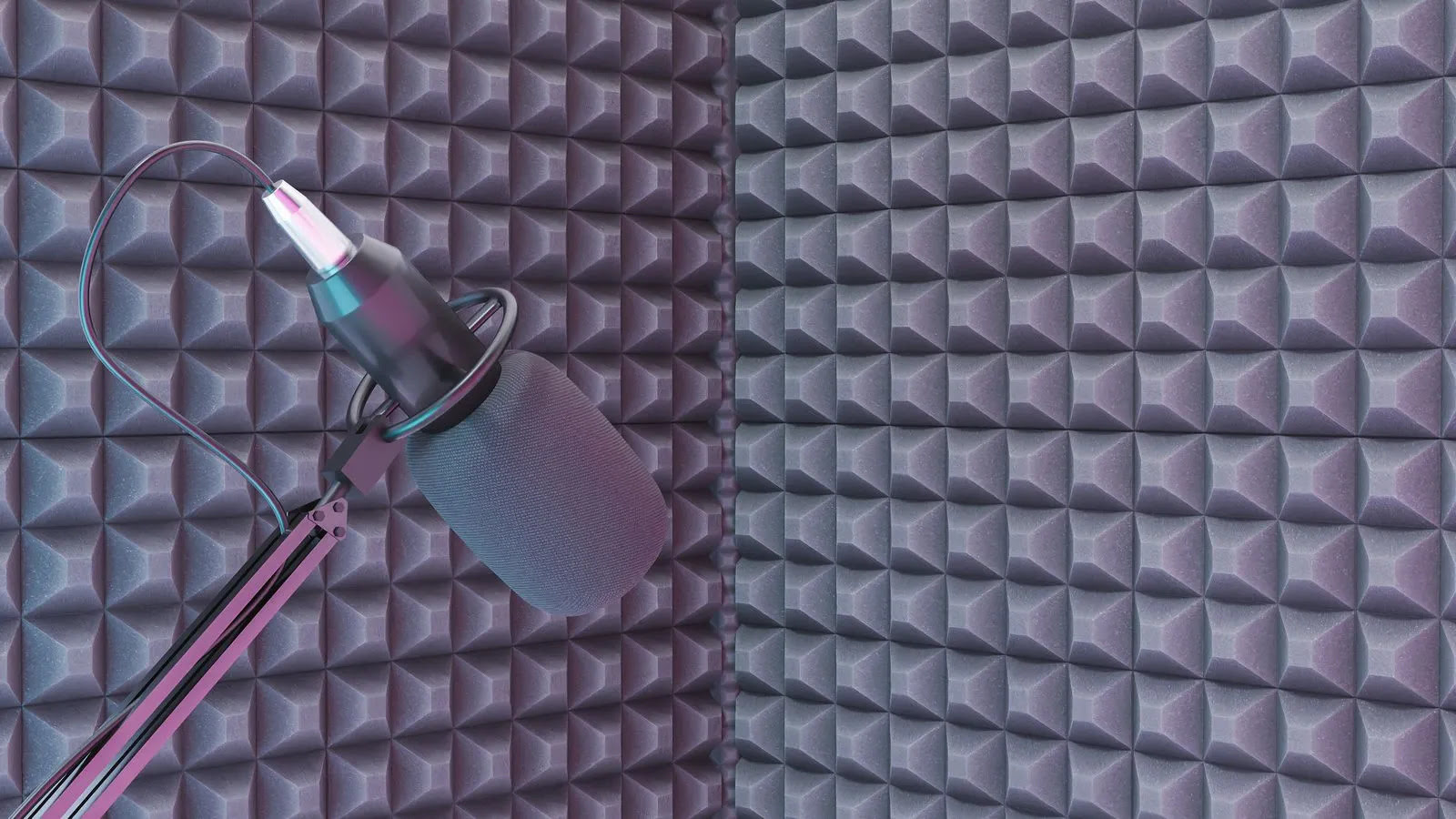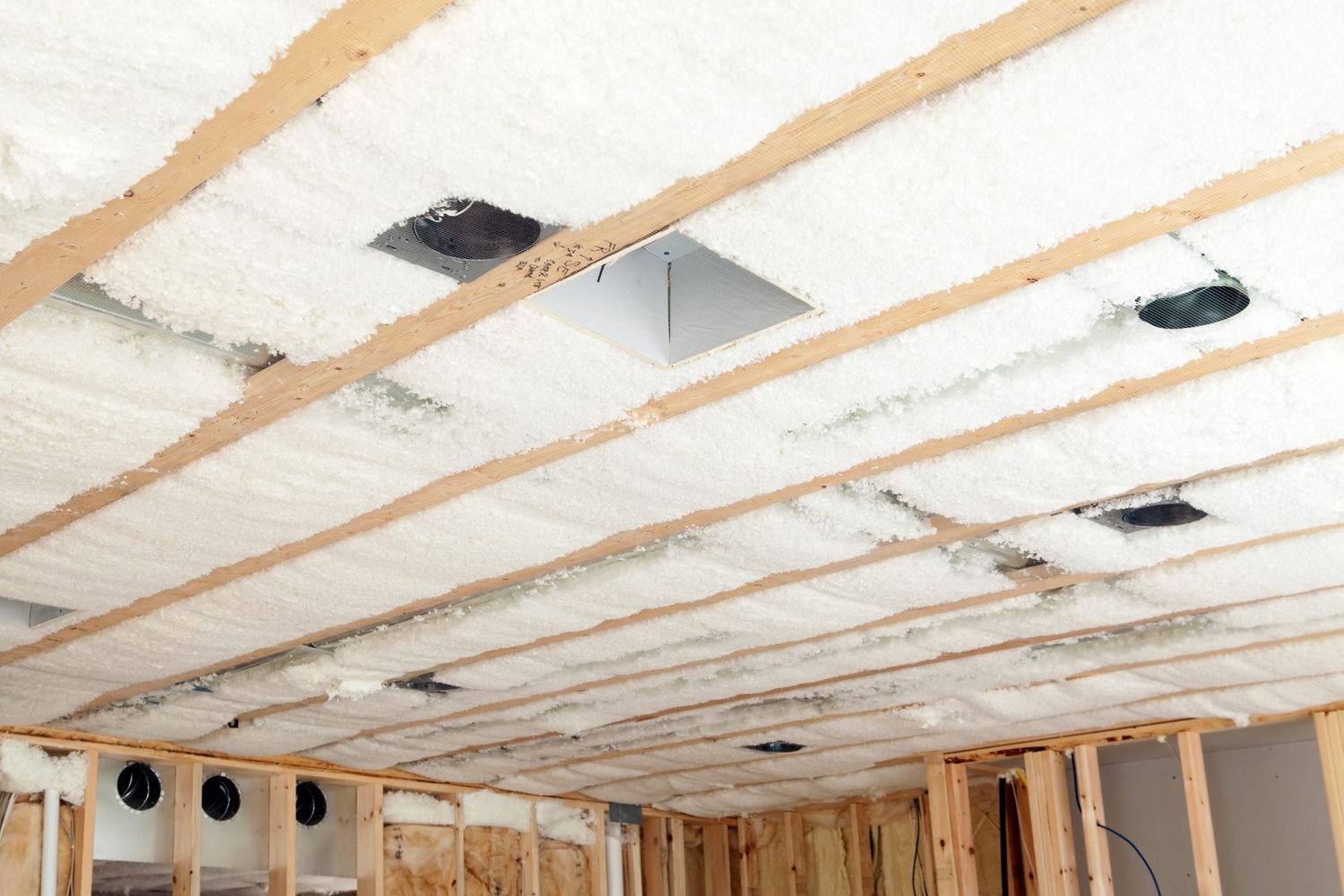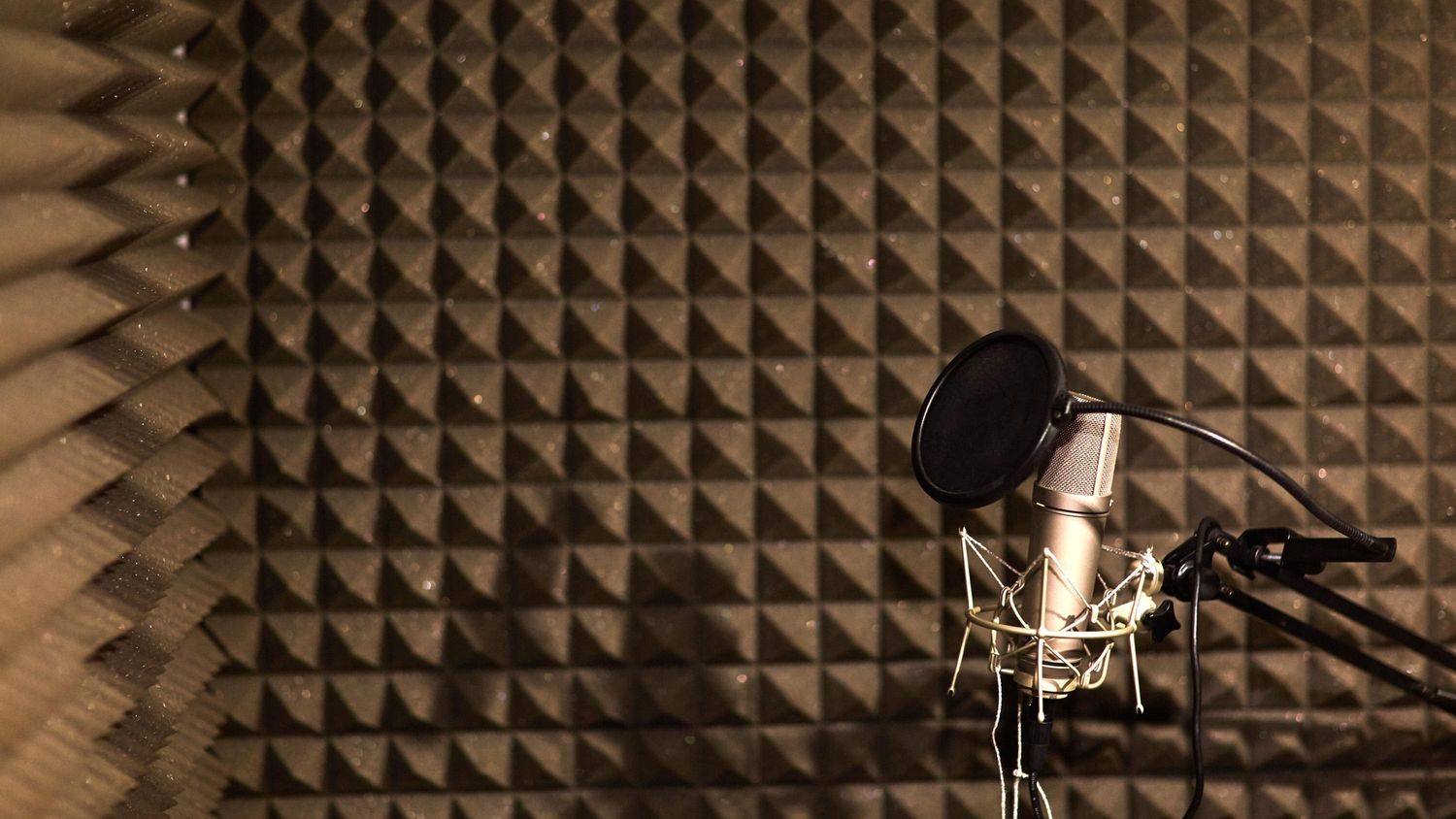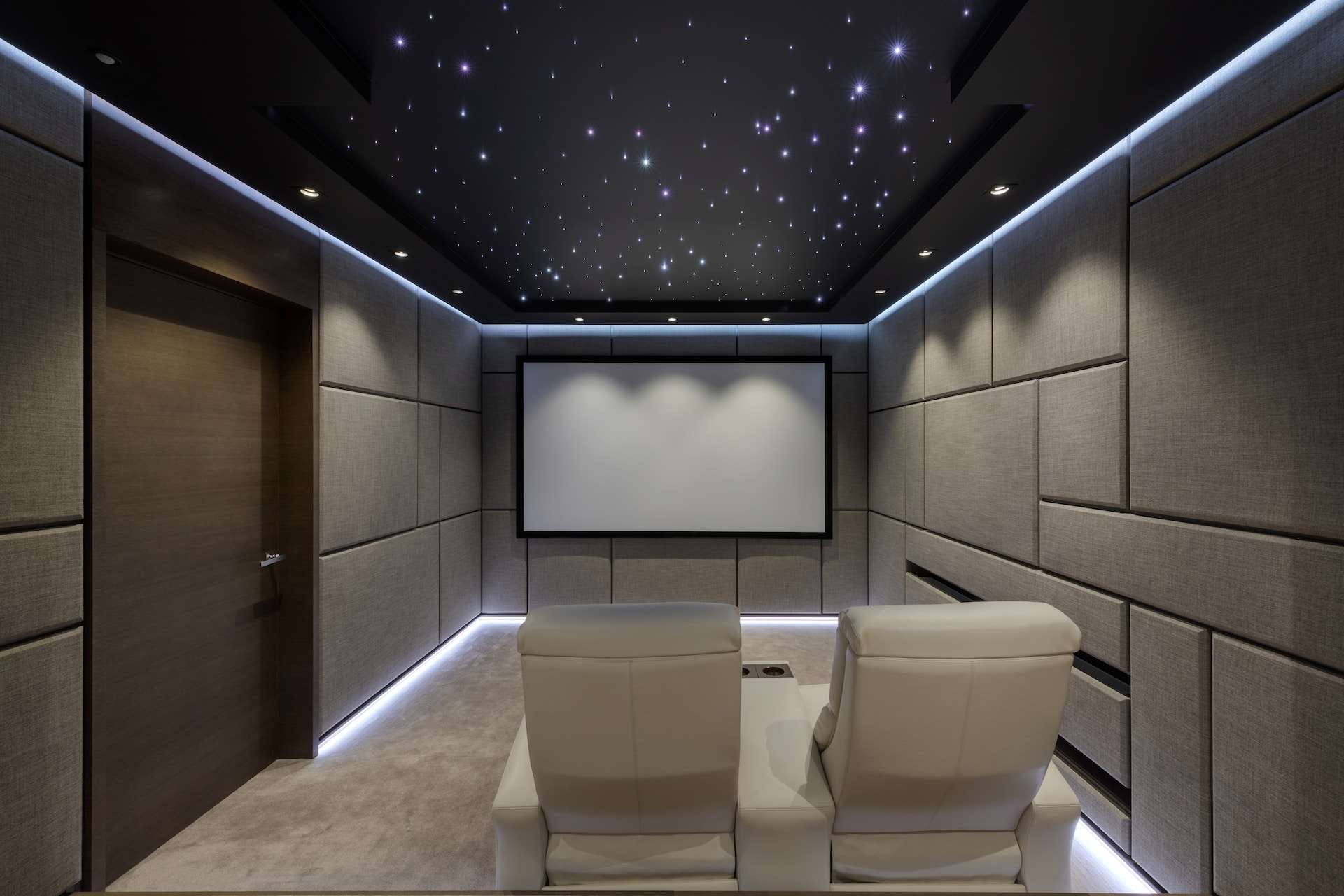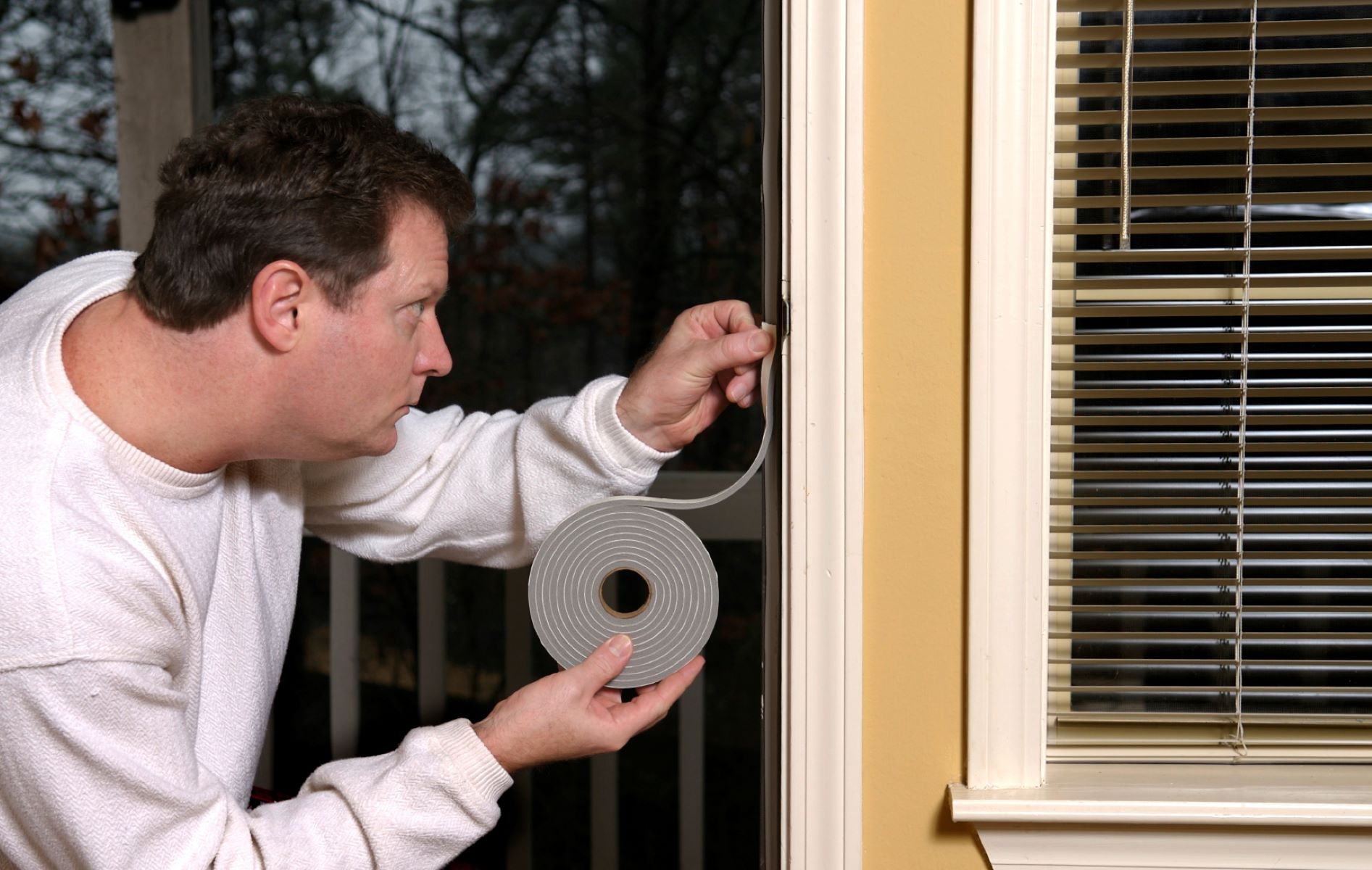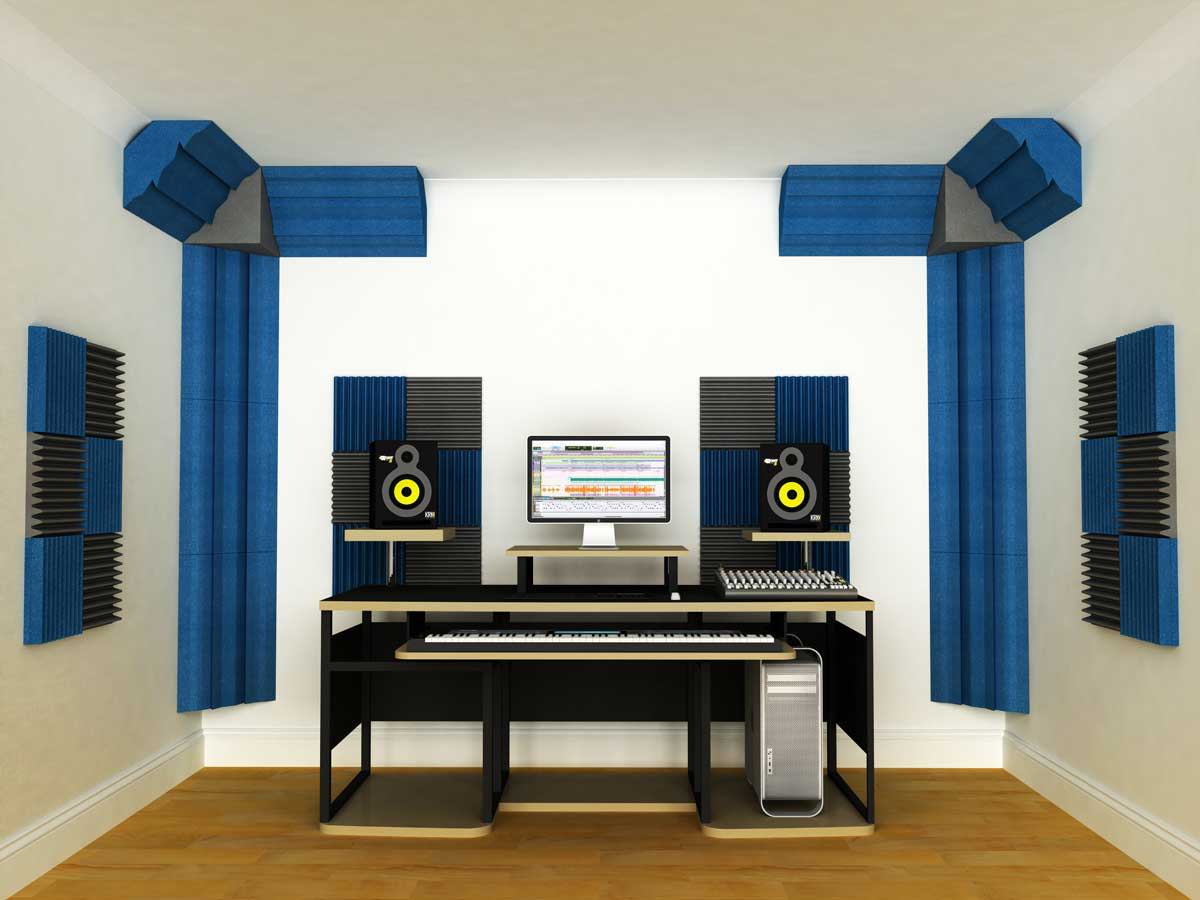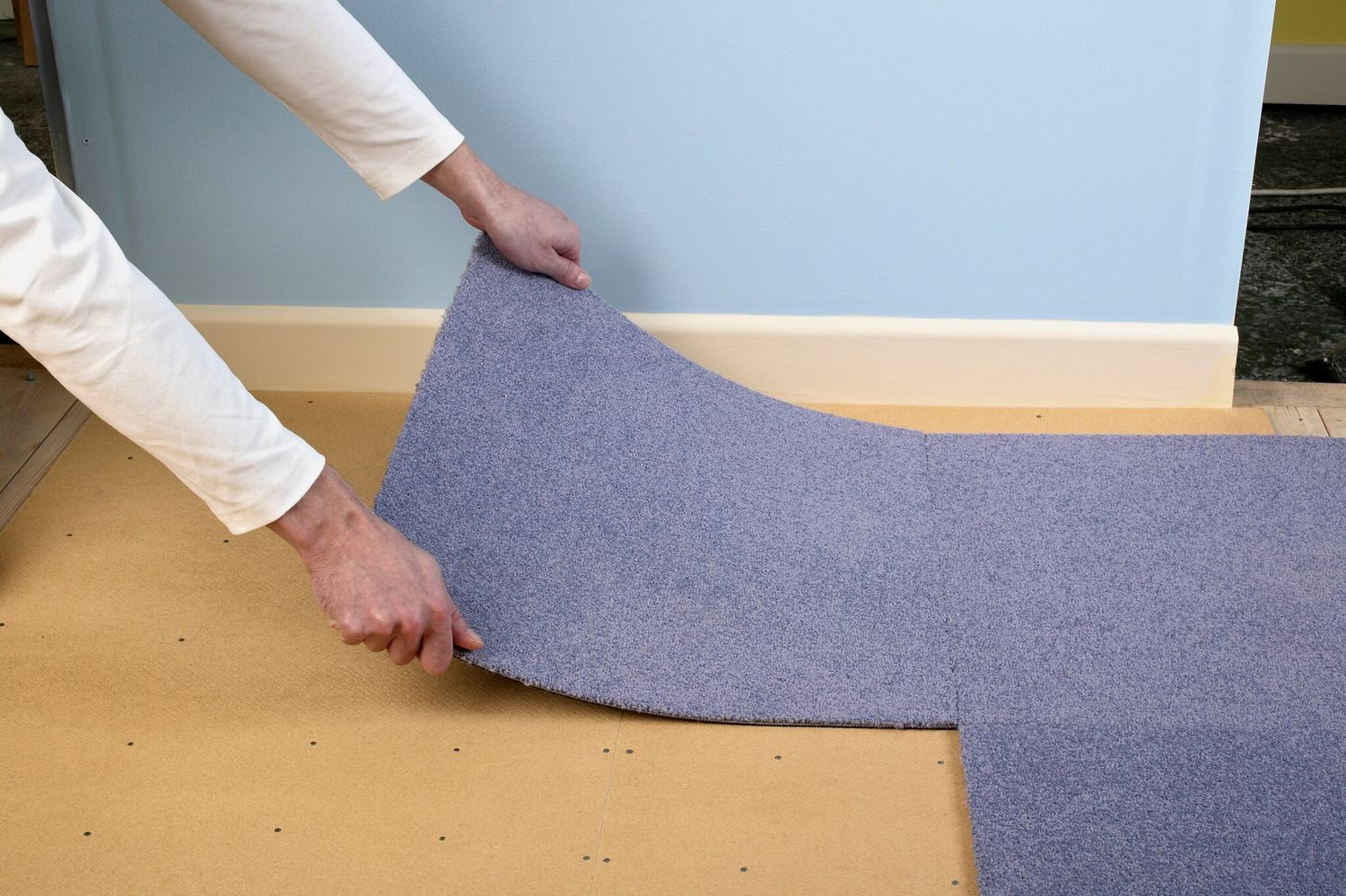Home>Production & Technology>Soundproofing>What Is The Best Auto Soundproofing Material
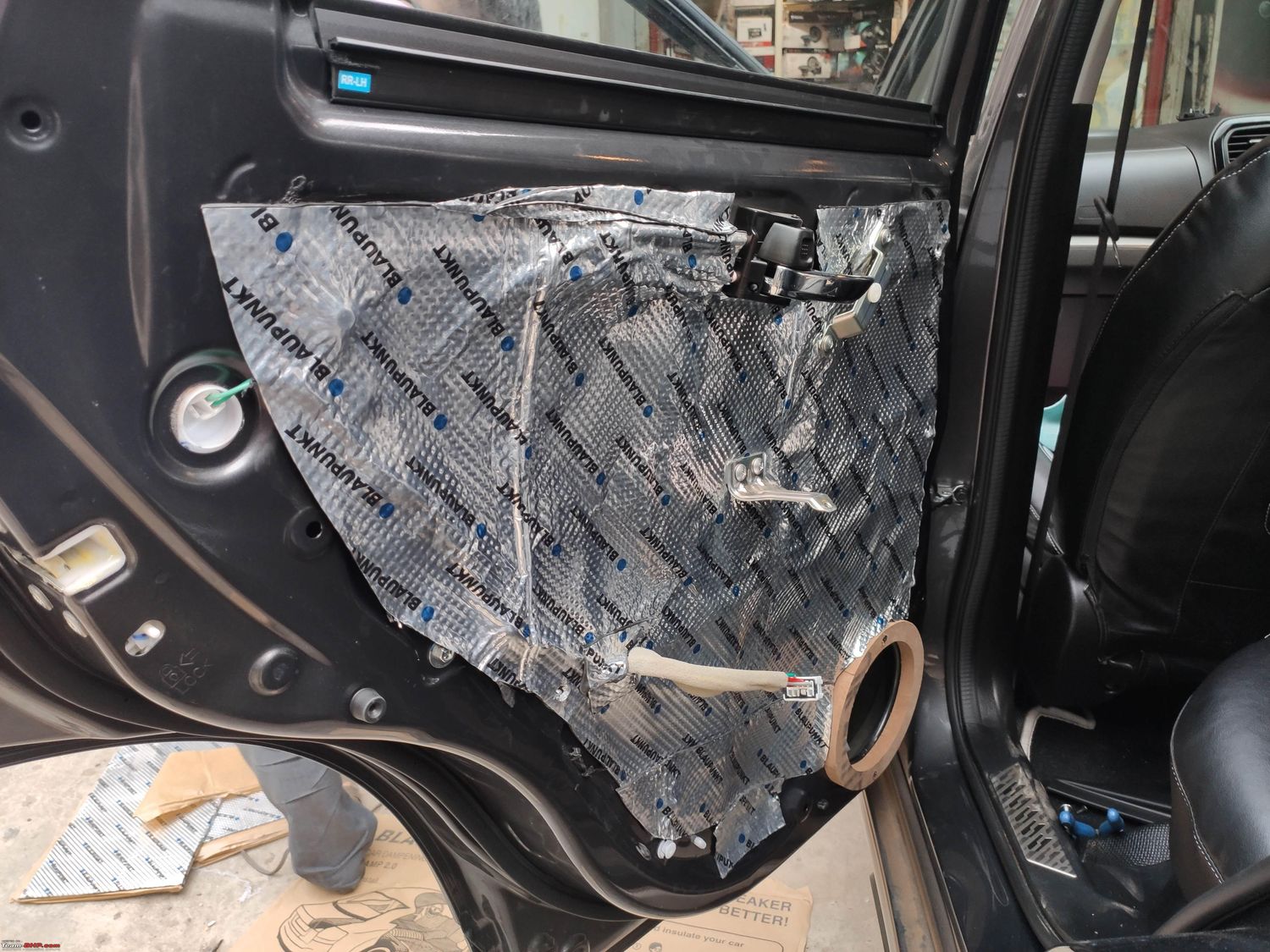

Soundproofing
What Is The Best Auto Soundproofing Material
Published: January 26, 2024
Looking to soundproof your vehicle? Discover the best auto soundproofing materials for reducing unwanted noise and improving your driving experience.
(Many of the links in this article redirect to a specific reviewed product. Your purchase of these products through affiliate links helps to generate commission for AudioLover.com, at no extra cost. Learn more)
Table of Contents
Introduction
When it comes to creating a quiet and comfortable driving experience, soundproofing your vehicle is essential. Excessive noise from the engine, road, and external environment can be both irritating and distracting, affecting your overall driving pleasure. Whether you have a noisy sports car, a loud SUV, or a vintage classic car, investing in the right auto soundproofing material can significantly reduce unwanted noise, vibrations, and harshness (NVH).
However, with the wide variety of soundproofing materials available on the market, it can be challenging to determine the best option for your specific needs. Factors such as budget, effectiveness, ease of installation, and durability all play a role in making the right choice. But fear not! In this article, we will explore the different types of auto soundproofing materials, their pros and cons, and provide recommendations to help you select the best material for your vehicle.
Before diving into the details, it’s important to note that soundproofing your car involves a combination of techniques and materials to effectively reduce noise. While the primary focus will be on soundproofing materials, it’s worth mentioning that other techniques like sealing gaps and using acoustic panels also contribute to a quieter ride.
Now, let’s explore the determining factors that will help you choose the best auto soundproofing material for your vehicle.
Determining factors for the best auto soundproofing material
When selecting the best auto soundproofing material for your vehicle, several factors need to be considered. These factors will help ensure that you choose the right material that suits your specific needs and preferences. Let’s take a look at these determining factors:
- Noise reduction: The primary goal of soundproofing is to reduce noise levels inside the vehicle. Consider the level of noise reduction you require, whether you want a significant reduction or just a moderate decrease. Keep in mind that different materials have varying levels of effectiveness in reducing noise.
- Budget: Determine your budget for soundproofing your vehicle. Prices for soundproofing materials can vary, with some options being more affordable than others. It’s essential to strike a balance between quality and cost.
- Weight: Consider the weight of the soundproofing materials, especially if you have a performance vehicle. Heavier materials may impact the overall weight of your car and potentially affect its performance.
- Installation: Evaluate the ease of installation for the soundproofing material. Some options may require professional installation, while others can be easily installed as a DIY project. It’s important to choose a material that you feel confident in installing or find a reputable professional to assist you.
- Durability: Consider the durability of the soundproofing material. Will it withstand the test of time and the rigors of daily driving? Look for materials that are resistant to moisture, high temperatures, and wear and tear.
- Aesthetic appeal: While not a critical factor for everyone, consider the visual appearance of the soundproofing material. Some materials may be more discreet and blend in with the interior of your vehicle, while others may have a more prominent presence.
By considering these determining factors, you can narrow down your options and make an informed decision on the best auto soundproofing material for your vehicle. Now, let’s delve into the different types of auto soundproofing materials available.
Different types of auto soundproofing materials
When it comes to soundproofing your vehicle, there are various types of materials to choose from. Each material has its own unique properties and benefits. Let’s explore the different types of auto soundproofing materials:
- Mass Loaded Vinyl (MLV): This is a popular choice for soundproofing cars due to its effectiveness in reducing noise. MLV is a dense and flexible material that can be easily installed on doors, floors, and other panels. It works by adding mass to surfaces, reducing sound transmission. MLV is resistant to moisture and can effectively block airborne noise.
- Acoustic Foam: Acoustic foam is another commonly used material for soundproofing vehicles. It is lightweight, flexible, and easy to cut and shape. Acoustic foam works by absorbing sound waves, reducing echoes and vibrations. It is often used on the interior panels, ceiling, and floor of the vehicle.
- Soundproofing Mats: Soundproofing mats are made from materials such as butyl rubber or asphalt. These mats are adhesive-backed and can be applied to various surfaces. They are effective in reducing vibrations and dampening unwanted noise. Soundproofing mats are often used on floorboards, trunk areas, and inside door panels.
- Soundproofing Sprays: Soundproofing sprays are used to create a sound-damping coating on surfaces. They are typically applied to the interior panels and can provide an additional layer of sound insulation. Soundproofing sprays are easy to apply and can conform to irregular shapes.
- Barrier Materials: Barrier materials, such as foam barriers or mass-loaded barriers, are used to block noise transmission. These materials have a high-density composition and can be used as an additional layer of insulation for doors, engine compartments, and other areas prone to noise infiltration.
- Insulation materials: Insulation materials, such as fiberglass or closed-cell foam, are used to reduce thermal energy transfer and can also provide some level of soundproofing. While insulation materials primarily focus on temperature control, they can also help to reduce noise to some extent.
Each of these auto soundproofing materials offers different levels of noise reduction, ease of installation, durability, and cost. It’s important to evaluate your specific requirements and preferences to choose the most suitable material for your vehicle. In the next section, we will discuss the pros and cons of each type of soundproofing material to further assist you in your decision-making process.
Pros and cons of each type of auto soundproofing material
Each auto soundproofing material has its own set of advantages and disadvantages. Understanding the pros and cons of each type can help you make an informed decision when choosing the right material for your vehicle. Let’s take a closer look:
- Mass Loaded Vinyl (MLV):
- Pros: Excellent noise reduction capabilities, flexible and easy to install, resistant to moisture, can be applied to various surfaces.
- Cons: Relatively expensive compared to other materials, adds weight to the vehicle.
- Acoustic Foam:
- Pros: Lightweight and flexible, effective in absorbing sound waves, easy to cut and shape, affordable.
- Cons: Doesn’t provide as much noise reduction as other materials, may require additional layers for optimal results.
- Soundproofing Mats:
- Pros: Good vibration and noise reduction, adhesive-backed for easy installation, can be applied to different surfaces.
- Cons: May require additional layers or materials for optimal noise reduction, may not offer the same level of insulation as other materials.
- Soundproofing Sprays:
- Pros: Easy to apply, conform to irregular surfaces, can add an extra layer of sound insulation.
- Cons: May not provide as much noise reduction as other materials, may require multiple coats for optimal results.
- Barrier Materials:
- Pros: Excellent for blocking noise transmission, can be used in various areas, durable and long-lasting.
- Cons: Relatively heavy, may require professional installation, can be more expensive compared to other materials.
- Insulation Materials:
- Pros: Provides thermal insulation, can offer some level of noise reduction, widely available and affordable.
- Cons: Primarily focuses on temperature control, may not provide the same level of noise reduction as specialized soundproofing materials.
Understanding the pros and cons of each type of auto soundproofing material will help you determine which one aligns best with your specific needs and preferences. Now that we have explored the different materials and their advantages and disadvantages, let’s proceed to the next section where we will provide some recommendations for the best auto soundproofing materials.
Recommended auto soundproofing materials
After considering the various types of auto soundproofing materials and their pros and cons, it’s time to make some recommendations for the best options to consider for your vehicle. Keep in mind that these recommendations are based on their overall effectiveness, ease of installation, and value for money. Let’s dive in:
- Mass Loaded Vinyl (MLV): MLV is a highly recommended soundproofing material due to its exceptional noise reduction capabilities. It is versatile, easy to install, and offers excellent value for the price. MLV can be applied to doors, floors, and panels to effectively block out unwanted noise.
- Acoustic Foam: Acoustic foam is a popular choice for soundproofing interiors. It is lightweight, easy to work with, and provides good sound absorption. Acoustic foam can be applied to the ceiling, floor, and interior panels to reduce echoes and vibrations.
- Soundproofing Mats: Soundproofing mats, such as those made from butyl rubber or asphalt, are recommended for reducing vibrations and noise. They can be easily applied to floorboards, trunk areas, and inside door panels, providing a noticeable improvement in sound insulation.
These recommended auto soundproofing materials offer a combination of effective noise reduction, ease of installation, and reasonable cost. Depending on your specific needs and budget, one or a combination of these materials can greatly enhance the soundproofing of your vehicle and provide a quieter and more enjoyable driving experience.
Now that you have an idea of the recommended auto soundproofing materials, let’s move on to the next section, where we will provide some installation tips to help you get the best results.
Installation tips for auto soundproofing materials
Proper installation of auto soundproofing materials is key to achieving optimal results. Here are some installation tips to help you get the best performance out of your chosen soundproofing materials:
- Clean and prepare the surface: Before applying any soundproofing material, ensure that the surface is clean and free of dust, grease, and debris. This will help the adhesive bond securely and ensure proper installation.
- Measure and cut accurately: Take precise measurements of the areas you wish to soundproof and ensure that you cut the material accordingly. Accuracy is crucial to achieving a proper fit and maximum coverage.
- Follow the manufacturer’s instructions: Each soundproofing material may have specific installation instructions provided by the manufacturer. It is important to read and follow these instructions carefully to ensure correct installation and maximum performance.
- Apply pressure and smooth out wrinkles: After applying the soundproofing material, use a roller or your hands to apply pressure and smooth out any wrinkles or air bubbles. This will help the material adhere better and provide better noise reduction.
- Use additional layers if necessary: Depending on your desired level of soundproofing, you may need to apply multiple layers of the chosen material. This can provide additional noise reduction and insulation. However, be mindful of the increased weight and thickness it may add to the vehicle.
- Seal gaps and openings: In addition to applying soundproofing materials, ensure that any gaps or openings in the vehicle are properly sealed. Use weatherstripping or silicone caulking to block potential noise leaks and improve overall soundproofing effectiveness.
- Consider professional installation: If you are unsure about the installation process or lack the necessary tools, it may be worth considering professional installation. Soundproofing experts can ensure that the material is applied correctly, maximizing its effectiveness.
By following these installation tips, you can ensure a successful and effective soundproofing project for your vehicle. Remember to take your time, be meticulous in your measurements, and adhere to the manufacturer’s instructions for the best results.
Now that you are equipped with installation knowledge, it’s time to wrap up our discussion.
Conclusion
Soundproofing your vehicle is a worthwhile investment that can significantly enhance your driving experience by reducing unwanted noise and vibrations. By considering the determining factors and understanding the different types of auto soundproofing materials, you can make an informed decision on the best option for your specific needs.
Mass Loaded Vinyl (MLV), acoustic foam, and soundproofing mats are all recommended choices for their effectiveness, ease of installation, and value for money. Whether you choose one material or a combination of them, properly installing these soundproofing materials is crucial for achieving optimal results.
Remember to clean and prepare the surface, measure and cut accurately, follow manufacturer’s instructions, apply pressure and smooth out wrinkles, and consider professional installation if needed. Additionally, sealing gaps and openings in your vehicle will further enhance the effectiveness of the soundproofing materials.
By soundproofing your vehicle, you can create a quieter and more comfortable driving environment, allowing you to enjoy your music, conversations, or simply a peaceful ride. So, take the time to explore the different auto soundproofing materials, consider your budget and installation abilities, and make the necessary improvements to achieve the best soundproofing experience for your vehicle.
Now get ready to hit the road in your newly soundproofed vehicle, where peace and tranquility await!

